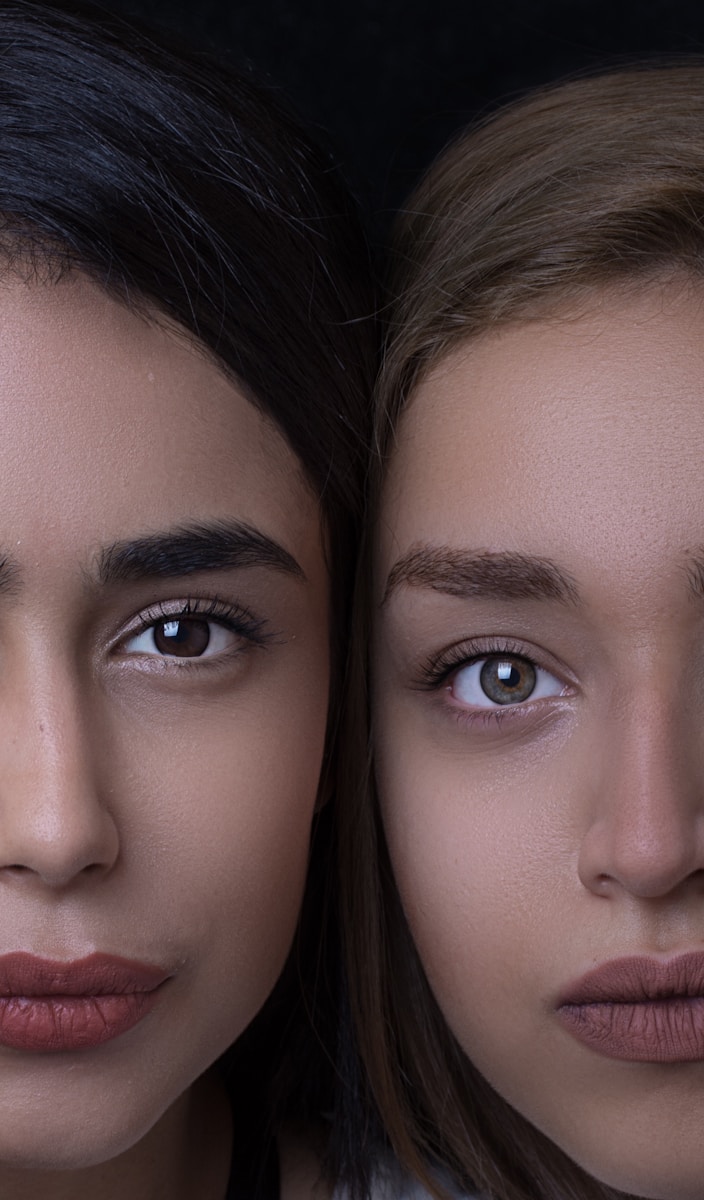Mummy makeovers, boob jobs and body rejuvenation surgery have led the way in 2017, says Mr Gary Ross, a plastic surgeon from Manchester.
Providing a yearly review, the surgeon also noted that non-surgical anti ageing treatments had also seen a surge on popularity, although it was fat transfer replacing dermal fillers that was set to be the big news for 2018 and beyond.
Mr Ross – who consults and operates at the BMI Alexandra hospital in Cheshire – indicated multi-procedure treatments such as the mummy makeover was the main cosmetic rise of the year, which includes combining breast and body procedures within one surgery session to minimise downtime.
He says: “Overall non surgical procedures have again increased as patients look for cosmetic treatments with less downtime. This has also led to patients looking for surgical procedures with shorter recovery times.
“Surgically the biggest rise has been in the mummy makeover procedure, with patients requesting body and breast rejuvenation as a one-stage procedure. Breast augmentation remains the most requested surgical treatment although patients are currently looking for more subtle enhancements than a year ago,” he explains.
As well as body rejuvenation procedures, Mr Ross says there’s been great interest in fat transfer procedures – extracting fat from one part of the body and replacing in the face or another part of the body) which is set to gain further popularity in 2018 thanks to its ability to offer an alternative to dermal fillers in facial rejuvenation.
“Fat transfer is an increasingly popular form of facial and body rejuvenation and will be big news for the coming year. Transferring fat from one part of the body to another isn’t new, but it will become a much more well known treatment as it’s versatile and offers natural results – the biggest draw for patients by far.”
Contrastingly, there has been a downward trend in patients requesting buttock augmentation (compared to a year ago) as patients consider more the pros and cons of the butt augmentation procedure. Also on the decline is patients requesting the ‘fake look’, which more naturally beautiful celebrities rather than glamour girls being popular with female patients.
“In 2018 there will be an increasing trend towards individualised and personalised beauty with a shift away from the ‘one product/treatment fits all’. The shifting focus in skincare brands towards individualised care will lead to a more holistic approach towards cosmetic beauty and advanced treatments too.”
A member of BAAPS and BAPRAS, Gary says the focus on patient empowerment – and ensuring they understand more about the procedures they are choosing to undergo – means this has been a positive year for the aesthetics industry.
He says: “The increased awareness of the need for patient safety has dominated 2017 and has been a positive year for the industry. We are seeing more of a focus on patient empowerment and ensuring patients are fully informed to proceed or not which is imperative for the industry and most importantly for patients.”
The updated General Medical Council recommendations in relation to consent have highlighted the need for clinicians to ensure patients are fully informed. The adaption of the certification scheme in cosmetic surgery in 2017 through the Royal College of Surgeons has developed the speciality of cosmetic surgery.
“This will allow patients to choose a cosmetic surgeon that is able to fully inform patients regarding the available options so that they are fully empowered to proceed or not,” says Mr Ross.
“Health Education England continues to develop a way forward in the regulation of non surgical treatments and we look forward to further regulatory developments in non surgical treatments in 2018.”
Of his hopes for the cosmetic industry as we enter 2018 Gary says: “I hope that the focus on patient empowerment continues into next year with clinicians focusing increasingly on patient’s interests and placing safety above anything else.”












